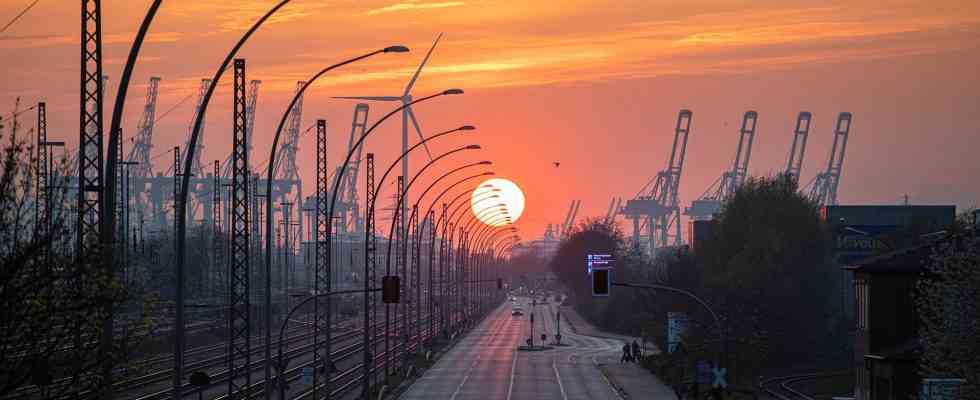Status: 03/16/2023 12:09 p.m
Despite positive economic data, the federal government is warning of a winter recession in Germany. Economic institutes see upward momentum, but development remains subdued.
Despite the latest positive economic data, the federal government is assuming a winter recession in Germany. “A ‘technical’ recession with two consecutive quarterly declines can no longer be ruled out,” says the monthly report from the Federal Ministry of Economics.
A so-called technical recession is officially present when gross domestic product (GDP) falls for two quarters in a row. GDP is the most important indicator of the economy and reflects the overall economic situation of a country.
Is the economic downturn temporary?
In the fourth quarter of 2022, gross domestic product fell by 0.4 percent, and another drop in the current first quarter due to weakening consumption as a result of a loss of purchasing power is conceivable.
“However, a broad and prolonged downturn is currently not to be expected,” emphasized the ministry. The positive development of many economic and leading indicators suggests “that the expected economic downturn is likely to be limited and temporary”.
Irrespective of the feared economic dip, the labor market is likely to remain robust. “The increase in employment has continued noticeably recently, and the number of unemployed has remained almost constant,” emphasized the ministry. “In view of the shortage of skilled workers, companies are still looking for personnel.”
Institutes increase growth forecast
Various institutes have recently increased their growth forecasts for the current year. The Kiel Institute for the World Economy (IfW) is now assuming an increase in gross domestic product of 0.5 percent, while the federal government is currently only assuming a plus of 0.2 percent. “The economic compass is pointing upwards again, but the upward momentum remains subdued,” said Stefan Kooths, chief economic officer of the IfW. Easing material shortages should contribute to the uptrend.
For the current first quarter, the IfW forecasts an increase of “a good 0.2 percent”, while the Munich ifo Institute predicts a minus of 0.2 percent. For 2024, the IfW now expects growth of 1.4 percent, while the ifo even assumes 1.7 percent.

